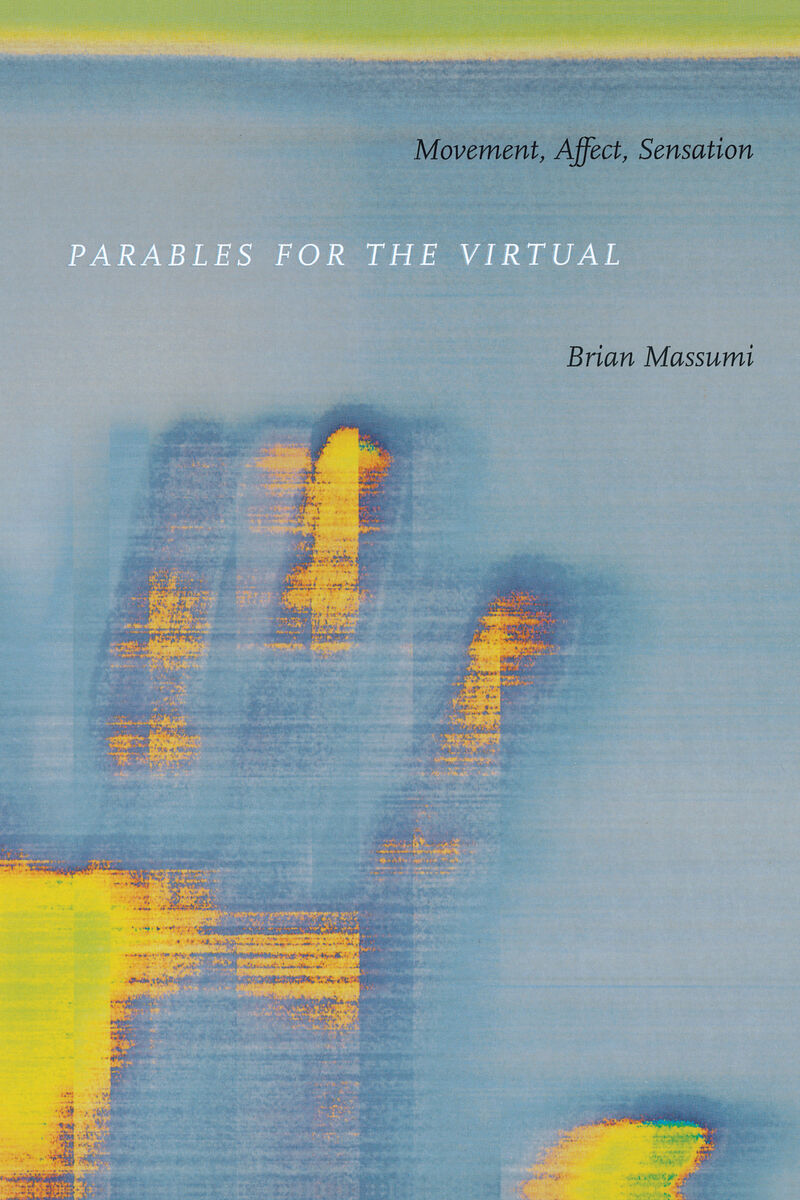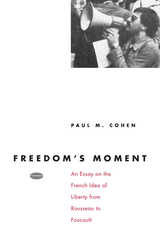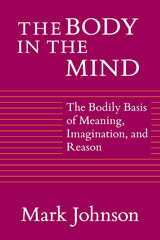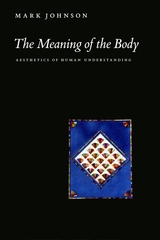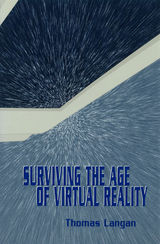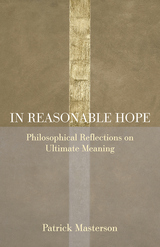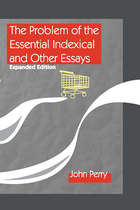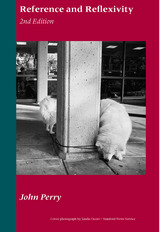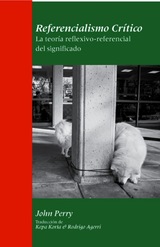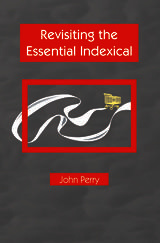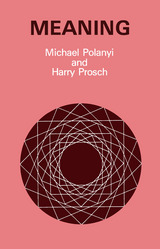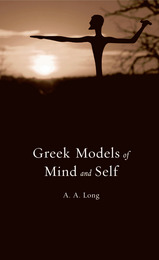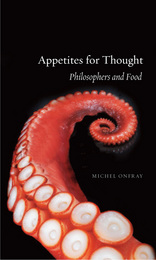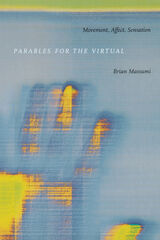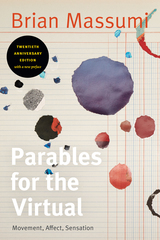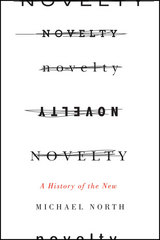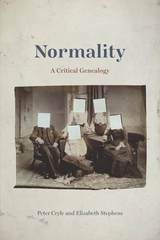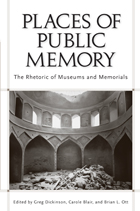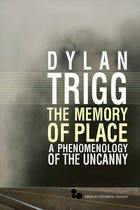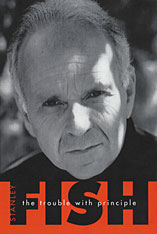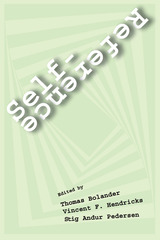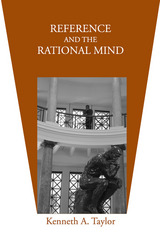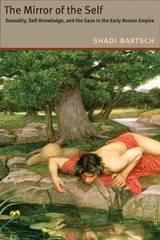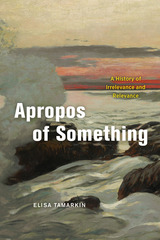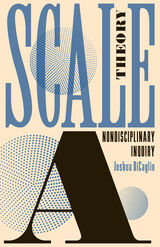Parables for the Virtual: Movement, Affect, Sensation
Duke University Press, 2002
eISBN: 978-0-8223-8357-4 | Cloth: 978-0-8223-2882-7 | Paper: 978-0-8223-2897-1
Library of Congress Classification B105.M65M37 2002
Dewey Decimal Classification 128.6
eISBN: 978-0-8223-8357-4 | Cloth: 978-0-8223-2882-7 | Paper: 978-0-8223-2897-1
Library of Congress Classification B105.M65M37 2002
Dewey Decimal Classification 128.6
ABOUT THIS BOOK | AUTHOR BIOGRAPHY | REVIEWS | TOC | REQUEST ACCESSIBLE FILE
ABOUT THIS BOOK
Although the body has been the focus of much contemporary cultural theory, the models that are typically applied neglect the most salient characteristics of embodied existence—movement, affect, and sensation—in favor of concepts derived from linguistic theory. In Parables for the Virtual Brian Massumi views the body and media such as television, film, and the Internet, as cultural formations that operate on multiple registers of sensation beyond the reach of the reading techniques founded on the standard rhetorical and semiotic models.
Renewing and assessing William James's radical empiricism and Henri Bergson's philosophy of perception through the filter of the post-war French philosophy of Deleuze, Guattari, and Foucault, Massumi links a cultural logic of variation to questions of movement, affect, and sensation. If such concepts are as fundamental as signs and significations, he argues, then a new set of theoretical issues appear, and with them potential new paths for the wedding of scientific and cultural theory. Replacing the traditional opposition of literal and figural with new distinctions between stasis and motion and between actual and virtual, Parables for the Virtual tackles related theoretical issues by applying them to cultural mediums as diverse as architecture, body art, the digital art of Stelarc, and Ronald Reagan's acting career. The result is an intriguing combination of cultural theory, science, and philosophy that asserts itself in a crystalline and multi-faceted argument.
Renewing and assessing William James's radical empiricism and Henri Bergson's philosophy of perception through the filter of the post-war French philosophy of Deleuze, Guattari, and Foucault, Massumi links a cultural logic of variation to questions of movement, affect, and sensation. If such concepts are as fundamental as signs and significations, he argues, then a new set of theoretical issues appear, and with them potential new paths for the wedding of scientific and cultural theory. Replacing the traditional opposition of literal and figural with new distinctions between stasis and motion and between actual and virtual, Parables for the Virtual tackles related theoretical issues by applying them to cultural mediums as diverse as architecture, body art, the digital art of Stelarc, and Ronald Reagan's acting career. The result is an intriguing combination of cultural theory, science, and philosophy that asserts itself in a crystalline and multi-faceted argument.
See other books on: Affect (Psychology) | Fish, Stanley | Jameson, Fredric | Mind & Body | Movement
See other titles from Duke University Press
